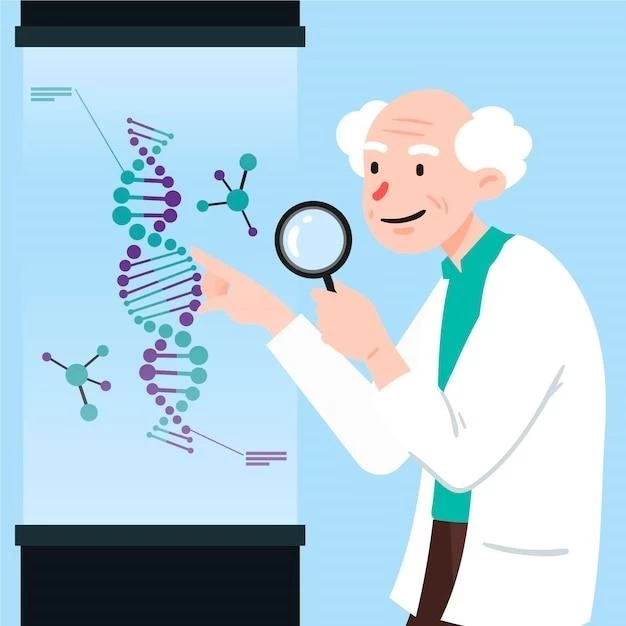Introduction to X Chromosome, Monosomy Xq28
The human X chromosome with Xq28 located at the tip of the long arm of the chromosome. Studies have linked Xq28 to the heredity of certain traits. Aberrations in chromosome X are associated with multiple myeloma and genetic studies have revealed monosomy Xq28 in certain individuals. This region has been a focus of genome research for its link to various genetic disorders.
Understanding the Human X Chromosome
The X chromosome, a critical component of human genetics, contains the Xq28 region at its tip. This region, studied extensively for decades, plays a significant role in heredity, including traits like homosexuality in males. Aberrations in the X chromosome, such as monosomy Xq28, have been associated with multiple myeloma and various genetic disorders. The X chromosome in females consists of two X chromosomes, while in males, it comprises one X and one Y chromosome, influencing sex determination and genetic inheritance.
Significance of Xq28 on the X Chromosome
The Xq28 region on the X chromosome, crucial in genetic research, has been linked to various hereditary traits, including those related to sexual orientation. Studies have shown that this region plays a pivotal role in determining certain genetic characteristics in humans. Aberrations in Xq28, such as deletions or duplications, have been associated with a spectrum of genetic disorders and conditions, highlighting the significant impact of this region on human health.

Genetic Abnormalities in X Chromosome
Genetic research has identified aberrations in chromosome X linked to multiple myeloma and genetic disorders. Monosomy Xq28, a less common abnormality, has been observed in patients with various deletions and duplications in the Xq27-Xq28 region, impacting genetic health conditions and chromosomal changes.
Aberrations in Chromosome X and Multiple Myeloma
Genetic studies have identified aberrations in chromosome X, particularly monosomy Xq28٫ in individuals with multiple myeloma. These abnormalities include deletions of Xp and duplications in the Xq27-Xq28 region. The presence of these chromosomal alterations has been associated with a higher frequency of structural chromosomal changes٫ potentially influencing disease progression and treatment outcomes.
Turner Syndrome and Monosomy X
Turner Syndrome encompasses conditions where individuals, typically females, exhibit abnormalities in the X chromosome. Monosomy X indicates the presence of only one X chromosome in the genotype, leading to various developmental issues. Commonly referred to as a monosomy disorder, Turner Syndrome results from the absence of one chromosome, affecting individuals’ growth, sexual development, and overall health.
Clinical Aspects of Monosomy Xq28
Monosomy Xq28, characterized by deletions and duplications in the Xq27-Xq28 region, has clinical implications in genetic disorders, multiple myeloma, and chromosomal changes. Understanding the clinical manifestations and genetic variations associated with monosomy Xq28 is crucial for effective diagnosis and management strategies.
Genetic Disorders and Xq28 Deletions
In patients with genetic disorders, Xq28 deletions have been identified, impacting conditions like multiple myeloma. These deletions involve alterations in the Xq27-Xq28 region and are linked to structural chromosomal changes. Understanding the genetic implications of Xq28 deletions is crucial for diagnosing and managing associated disorders effectively.
Xq28 Duplication Syndrome
Xq28 Duplication Syndrome, a rare genetic disorder, involves an additional segment of the X chromosome near its long arm end. Mainly affecting males, this syndrome is characterized by intellectual disability, behavioral issues, and distinct facial features. Effective diagnosis, management, and understanding the genetic implications of Xq28 duplications are essential for providing appropriate care and support to individuals with this condition.

Research and Discoveries
Research on the X chromosome’s Xq28 region has unveiled its significance in heredity, including traits like homosexuality in males. This area’s genetic markers play a crucial role in multiple myeloma and hereditary conditions, making it a focal point for genome exploration and disease mapping efforts.
Impact of X Chromosome Inactivation (XCI)
Understanding the role of X Chromosome Inactivation (XCI) is crucial in regulating gene dosage in mammalian females. Aberrations on the X chromosome, including Xq28 deletions or duplications, can influence XCI, leading to non-random patterns. This skewed inactivation may result in survival disadvantages for cells with genetic imbalances, impacting various physiological processes and disease susceptibilities.
Mapping Diseases to Xq28 Region
The Xq28 region on the X chromosome is a pivotal area in genetic research, known for its gene density and linkage to various diseases. Over 40 X-linked diseases have been mapped to this region, with 26 of them having their causative genes identified. This targeted mapping of diseases to Xq28 facilitates understanding and addressing a range of genetic conditions and their underlying mechanisms.
Research on the Xq28 region of the X chromosome has revealed its significance in hereditary traits like homosexuality in males. This region is associated with genetic disorders, multiple myeloma, and diverse hereditary conditions, making it a focal point for genome exploration and disease mapping efforts.
Medical Cases and Studies
Research on the Xq28 region of the X chromosome has indicated its involvement in hereditary traits such as homosexuality in males. This region is associated with genetic disorders, multiple myeloma, and various hereditary conditions, making it a focus of genome exploration and disease mapping studies.
Current Research on Xq28 Duplication Syndrome
Current studies on Xq28 Duplication Syndrome highlight the impact of an additional segment near the end of the X chromosome’s long arm. This rare genetic disorder predominantly affects males, leading to intellectual disability, behavioral challenges, and distinctive facial features. Ongoing research aims to enhance understanding, diagnosis, and management strategies for individuals with Xq28 duplications.
Diagnosis and Management
Diagnosing Monosomy Xq28 involves genetic testing to identify deletions or duplications in the Xq27-Xq28 region. Genetic counseling is crucial for individuals with Xq28 abnormalities, aiding in understanding risks and management strategies. Early detection and a multidisciplinary approach are key in managing the complexities associated with Monosomy Xq28.
Genetic Testing for X Chromosome Monosomy Xq28
Genetic testing plays a crucial role in identifying Xq28 abnormalities٫ including deletions or duplications in the Xq27-Xq28 region. By analyzing a patient’s genetic makeup٫ healthcare providers can diagnose and assess the impact of monosomy Xq28 on an individual’s health. Genetic testing aids in personalized management strategies and supports clinical decision-making.
Genetic Counseling for Xq28 Duplication Syndrome
Individuals with Xq28 Duplication Syndrome benefit from comprehensive genetic counseling to understand the implications of an extra segment on the X chromosome. Genetic counselors provide information on diagnosis, management, and potential outcomes associated with this rare genetic disorder. Counseling aids affected individuals and families in making informed decisions regarding their healthcare and well-being.
